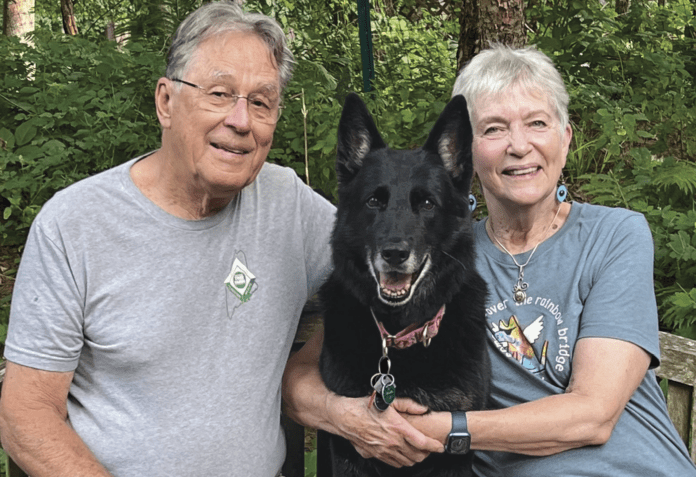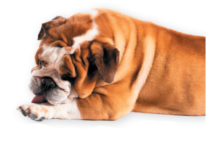But where to put the poop that you pick up?
Q: We know it’s important to pick up your dog’s poop to protect the environment. But where is the appropriate place to dispose of it? Also, how does dog poop differ from the waste of foxes, wolves, coyotes and deer, cows, and horses, all of which poop in the woods and meadows? Is it the food we feed our dogs? Thanks for considering these questions. We want to do the responsible thing.
Susi and Bill Byers
Tolland, Connecticut
Dear Mr. And Mrs. Byers,
A: You are absolutely right that picking up dog poop protects our vulnerable environment. Beaches have had to close because of dangerously high levels of pathogens in the water that scientists were able to trace back to dog waste.
As to your questions, let us answer your second one first. Excrement left by wild animals like wolves, coyotes, deer, and bears is not harmful to the ecosystem because those species get their food from that ecosystem. That is, it’s a closed system that takes care of itself. Dog food, on the other hand, introduces nutrient-dense and other resource-dense waste to the ecosystem, and the high quantities of such things as nitrogen and phosphorus left behind in dog excrement can throw off the system’s delicate balance.
Dogs also often have in their bodies flea and tick preventatives, prescription medications for illness, heartworm preventatives — all substances that wildlife would not have and that might prove toxic to wild animals if it gets into their systems. Additionally, dogs, who are often more concentrated in suburbs than various species of wildlife, have bacteria and other pathogens in their excrement that could make other animals sick — as well as people if they make it into water as a result of rain runoff.
As for horse waste, it’s between 70 and 80 percent water, which is quickly absorbed into the ground. Furthermore, the solids in horse waste are mainly grass and other vegetation, which break down in about 6 days. (Cow waste, like dog waste, can be bad for the environment if not handled properly.)
As for what to do with dog poop, the best options, environment-wise, are to flush it down the toilet with water-soluble bags such as Flush Puppies Doodie Bags (not good for all septic tanks, and you should check first even with a municipal sewage facility); bury it at least 6 inches underground and away from gardens where food grows as well as away from underground wells and aquifers that supply water to homes; or buy a dog-waste-only composting bin such as a Doggie Dooley (you can throw in biodegradable bags if you use them), and use the resulting fertilizer on flower gardens (but not on food gardens).
We understand that a lot of people are not going to do any of those things. But even removing dog waste so that it ends up in a landfill is better than leaving it out in your immediate environment, where it can harm wildlife (including birds) as well as soil and waterways.





